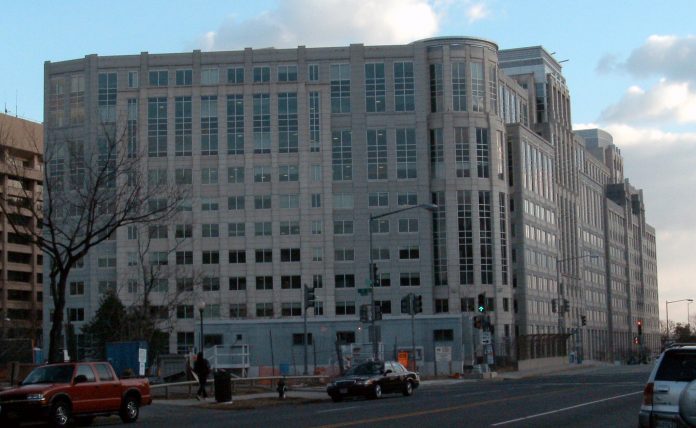
Arturo Samaniego
National Beat Reporter
California Gov. Jerry Brown signed a state senate bill Thursday that will limit cooperation between local law enforcement and federal immigration authorities when it comes to holding, questioning, and transferring undocumented immigrants.
SB 54 — first introduced in 2016 by State Senator Kevin de León — will further protect the 2.3 million undocumented immigrants living in California. Lawmakers have called the legislation a “sanctuary state” bill for the undocumented population.
Before signing the bill, Gov. Brown required amendments be put in place that wouldn’t protect immigrants who have been convicted of certain misdemeanors, along with serious and violent felonies, the Sacramento Bee reported.
“These are uncertain times for undocumented citizens and their families, and this bill strikes a balance that will protect public safety, while bringing a measure of comfort to those families who are now living in fear every day,” Brown said in a signing statement.
The bill also will not do anything to limit the work of Immigration and Customs Enforcement or the United States Department of Homeland Security. But local and state law enforcement can’t ask anyone for their immigration status or detain individuals for immigration suspicions alone, unless the individuals are held under a warrant for a crime.
An undocumented University of California, Santa Barbara student had praise for the bill, calling it “a step in the right direction.” The student, who wishes to stay anonymous, had a lot to say on the matter, both praising the bill as a positive course of action but noting that the State and University of California could still do a lot more to help the undocumented community.
“California did a good job in leading this decision,” the student told The Bottom Line. “It is a good step to bringing attention to immigration issues and reform.”
“I feel that there is a lot of support in California for undocumented immigrants that cannot be found anywhere else,” she said. “It brings some open arms to the community.”
Though she further praised the bill for making undocumented immigrants feel a sense of safety, she stressed that California should provide more health services to the undocumented community. Specifically, she pointed to mental health programs, “since the community being subjected to deportation is in a mentally-stressful situation.”
She also added that the UC system itself can do more to help undocumented students. The student is a member of UCSB IDEAS, an undocumented support group at the university. She said IDEAS provides resources to undocumented students, but has yet to receive support from the rest of the UC.
“The UC system could help by providing more attorneys and psychologists to help undocumented students,” she said. Student activism, she emphasized, is the main driver of support that undocumented students can look to in an ever uncertain time.










